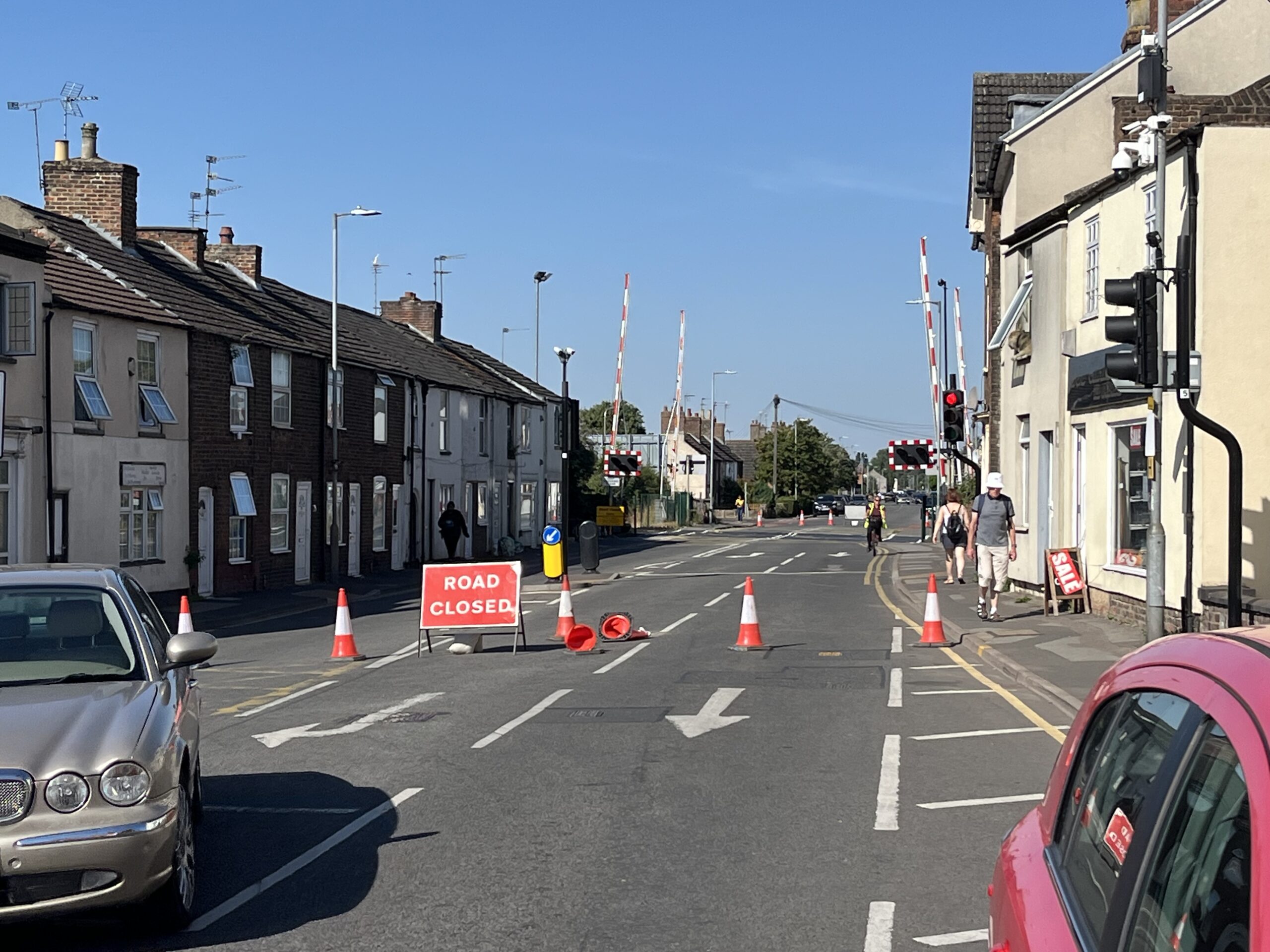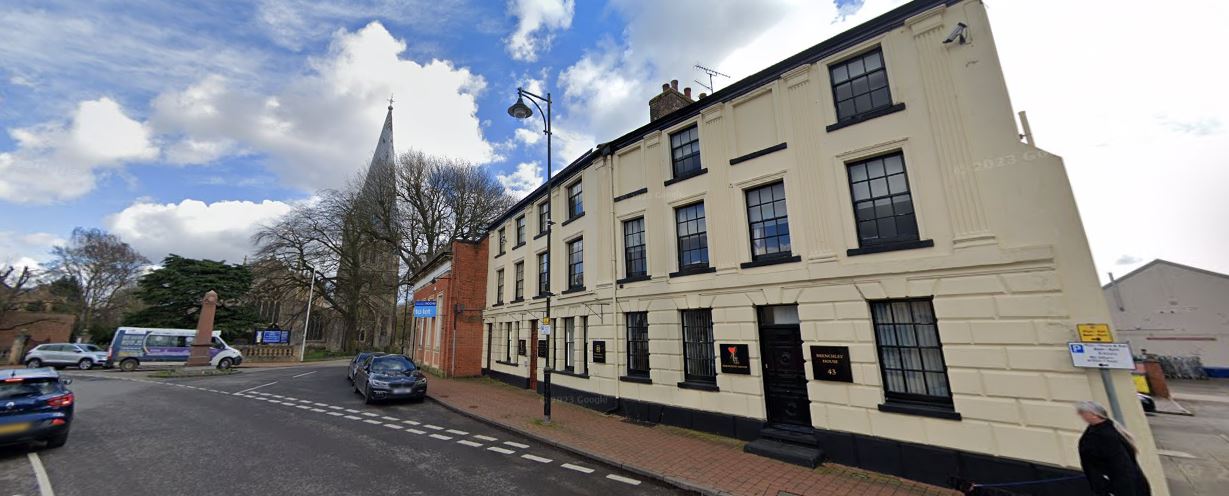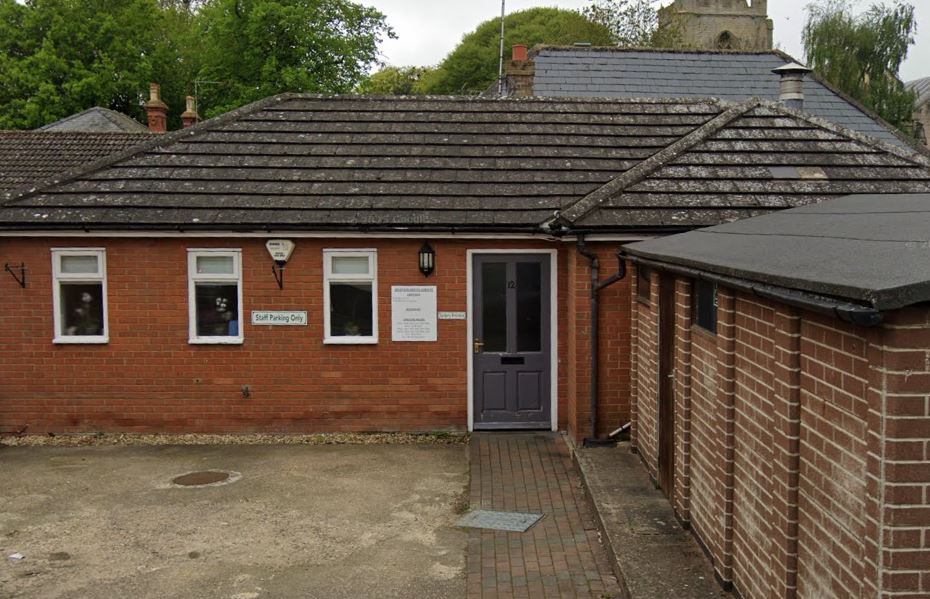Beleaguered East Midlands Ambulance Service has until Thursday to come up with a plan to improve its services or face sanctions.
Enforcement action could be taken against the trust by the Care Quality Commission after an inspection found that the 999 service was failing to meet four out of six standards.
Although a report compiled following the inspection in February said some improvements had been made, it said there was still a long way to go to meet expected standards in some areas.
Care and safety of people who use the ambulance service is one area where standards are not being met, as is safety, availability and suitability of equipment, staffing and supporting workers.
The two standards which are being met are cleanliness and infection control and complaints handling.
Care Quality Commission inspectors made their report, published this week, after speaking to patients,, frontline staff and senior managers, as well as observing how 999 calls were handled and analysing information from accident and emergency departments.
The report said: “Since our last inspection the trust has made improvements in some areas, particularly responses to less urgent calls, infection control, reduction of staff sickness rates, staff engagement and monitoring of equipment.
“We acknowledge the work of the current executive team in addressing these issues and the plans for further improvements.
“However the trust is still failing to meet the minimum standard for response times to the most urgent calls.”
It said the trust also does not have enough vehicles or suitably skilled and experienced staff available in the right places at all times, which had lead to some of the complaints from people who had experienced delays in an ambulance attending an emergency.
Staff also told inspectors they do not always have access to the equipment they needed and the majority said they did not feel supported or have access to training which would help them develop their career and gain professional qualifications.
In conclusion the report said: “After careful consideration, we have concluded that the trust is taking reasonable steps to address the breaches in regulations and therefore it would not be appropriate to take further enforcement action at this point.
“We will continue to closely monitor the trust, inspecting it as required and working with NHS England to review its progress.
“We have asked the provider to send us a report by April 17, setting out the action they will take to meet the standards.
“We will check to make sure that this action is taken.Where providers are not meeting essential standards, we have a range of enforcement powers we can use to protect the health, safety and welfare of people who use this service.”
East Midlands Ambulance Service chief executive Sue Noyes, said the report reflected the work the trust had already done in meeting standards, but said she was aware there were still a number of issues to tackle.
She said: “We are well underway with addressing these. We have recently launched our new staff career development and support programme, and continue to focus on ensuring more consistent availability of ambulances at the start of shifts, and on improving staff engagement, satisfaction and morale.
“I am confident that our improvement plans under the Better Patient Care programme will meet the areas identified within the CQC report before the next inspection.
“In many areas we are already close to achieving the standards in full, but we know we still have a lot more to do. We are working very hard across the organisation to ensure that we meet our response targets and provide consistently better patient care, which is delivered by staff who are increasingly well-supported and appropriately developed.
“I would like to thank staff for their continued hard work to deliver these improvements, particularly during what has been a busy winter period.”






